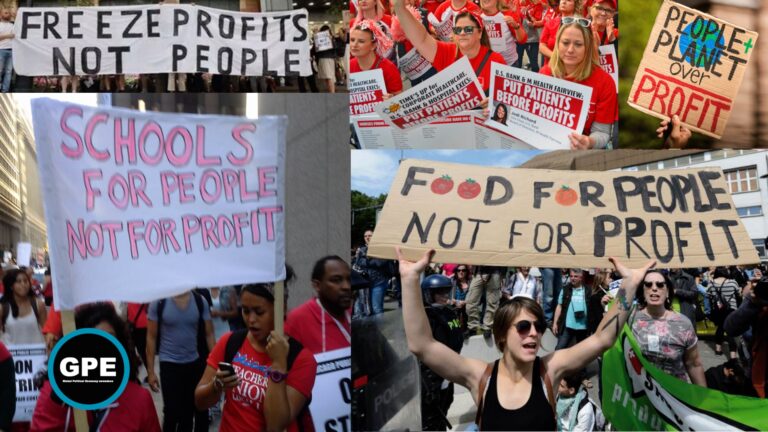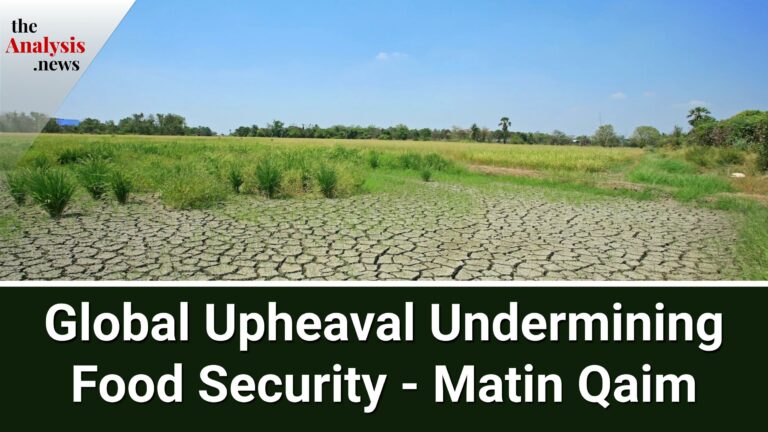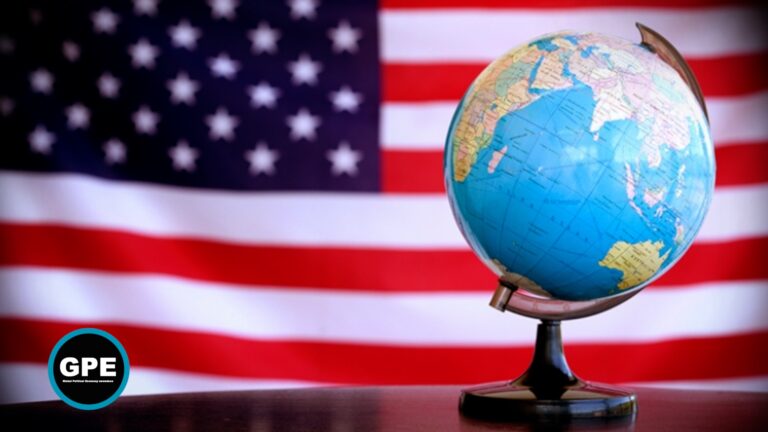Who Owns America’s Debt? – Bob Pollin Pt. 2/2
In part 2, Bob Pollin, economist and Co-Director of the Political Economy Research Institute (PERI), lays out policies to increase workers’ wages and bargaining power and bring down the price of food items such as eggs. He tackles the issue of U.S. government debt, as well as fiscal conservative and MAGA Republican claims that China owns most of this debt. These falsehoods deflect from Trump’s massive tax cuts for the rich and his high military expenditure, which ran up U.S. debt far more than under the Biden administration. Pollin asserts the best way to reduce high-interest payments on U.S. debt and support social services is to increase government revenue via capital gains and income taxes.









